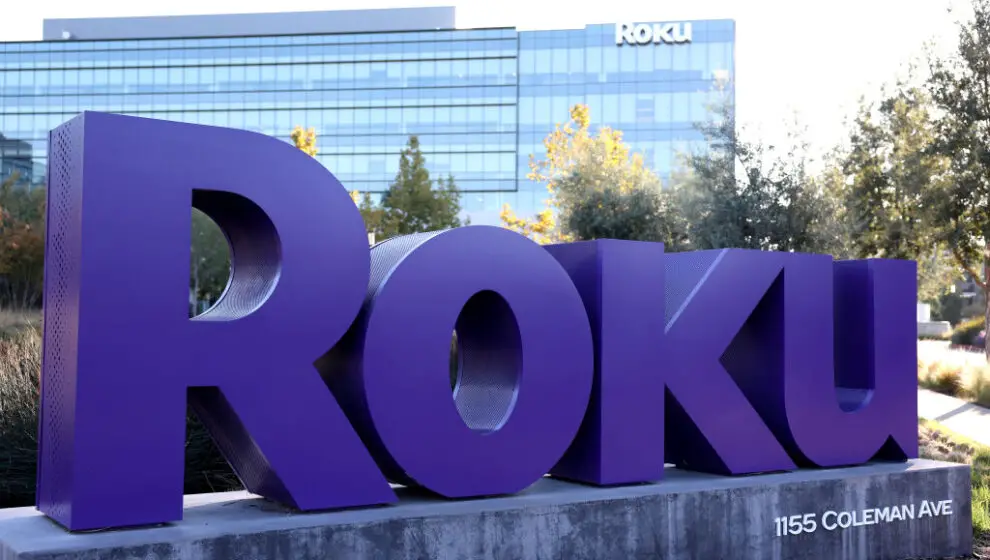Streaming company Roku seeks to expand from television to residents, licensing its operating system for smart homes and security hardware.
Key Details
- Speaking with Axios at the Cannes Lion International Festival of Creativity last week, Roku CEO Anthony Wood revealed that his company intends to license its brand and software for power-connected houses.
- Roku has already begun the rollout of smart home hardware, including lights, video doorbells, cameras, security systems, and apps, which operate with subscription services that can provide motion alerts, smoke detection, and home security features, Axios reports.
- The Roku Channel is one of the most popular broadcasts on television, with Nielsen ratings saying that monthly streaming measurement for it has passed 1% of all TV watch time.
- The company continues to struggle with profitability, with Wood proclaiming that the company is attempting to reach its goal by 2024.
Why It’s Important
When Roku began operating, smart TVs were still in the burgeoning stage of success. It saw the opportunity to become the company that defines streaming and video content in the digital age. It now has 71 million active accounts and operates in nearly half of U.S. homes, completely surpassing its rival services from Google and Amazon.
However, the company has faced repeated profitability issues since it launched. Its profits come from a combination of ad revenue, subscriptions, and customer engagement, which has not proven enough to prevent the company from multiple rounds of tech layoffs.
Roku’s leadership is thinking ambitiously about its solutions, seeing the burgeoning smart home market as another place where its software solutions and hardware could be readily implemented and widely embraced.
“It’s the same strategy we use for smart TVs—which is sort of our entry into the smart home because it’s the leading smart device in a home—to build a custom OS for the entire smart home. I think 10 years from now, every single home will have an operating system,” says Wood.

